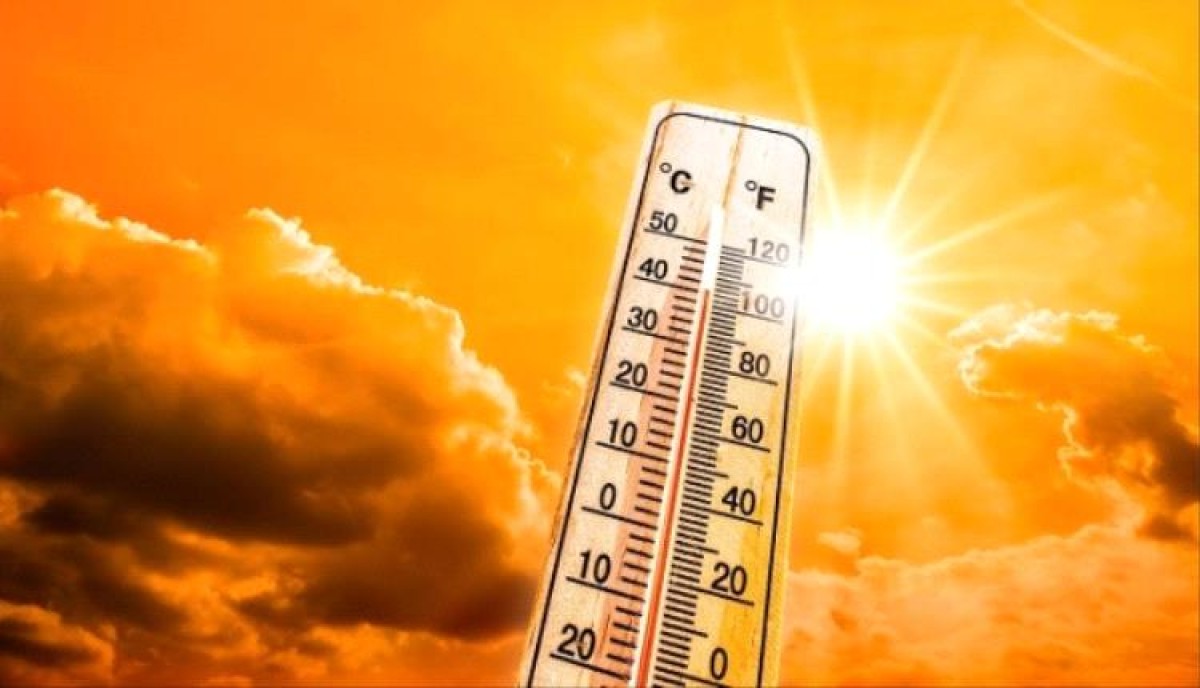A UN report expects extremely hot weather to continue in several Yemeni governorates


A UN report expects that extremely hot conditions will continue to rise during the next ten days, especially in the governorates of Hadramaut, Al-Mahra and Lahj.
The report issued by the United Nations Food and Agriculture Organization (FAO) said that the past month witnessed extreme temperatures in various regions. Throughout the country, which affected agricultural activities.
In the last half of the month, rains began to fall, and their intensity increased in particular in the central highlands and southern highlands.
He indicated that this development is likely to enhance the start of the agricultural season. , although the high temperatures earlier may have added pressure on agricultural livelihoods.
The report warned of the rise in temperatures, stressing at the same time that temperatures are expected to remain constantly high during the current ten days, reaching about 44 degrees Celsius at its peak.
He added that this pattern is likely to be repeated in governorates, such as Hadramaut, Al-Mahra and Lahj. As the ten days progress, temperatures are expected to gradually decrease, paving the way for favorable conditions for the agricultural season in all major agro-ecological regions of the country.
The report also forecasts a rise in rainfall across the country, where rainfall is expected. The bulk of the expected rain - ranging from 20 to 40 mm - is in the governorates of Ibb, Dhamar, Al Dhalea, Al Bayda and Lahj. The highest expected amounts, between 40 to 60 mm, are likely to occur in Lahj and Al Bayda governorates.
He stated that the eastern desert governorates, as well as the other central highlands and Socotra, are expected to receive lighter rainfall in the range of 1 to 10 mm.
He stressed that the expected increase in rainfall is expected to create favorable conditions for agricultural activities during the current growing season, especially in the germination and early growth stages.
He said that in addition, temperature conditions are likely to support Expected crop germination and soil moisture levels, facilitating optimal progress of the agricultural season.
Extreme temperature alerts are expected to impact governorates, such as Lahj, Taiz, Al Hudaydah, and the coastal and inland areas of Hadhramaut, with a particular focus on protecting existing important agricultural assets. In those areas.
The report stressed the need to enhance and expand the dissemination of early warning information to farmers and poultry breeders, and to enable them to better manage their operations, taking into account weather forecasts. This information is facilitated by national authorities with support from FAO and other partners.